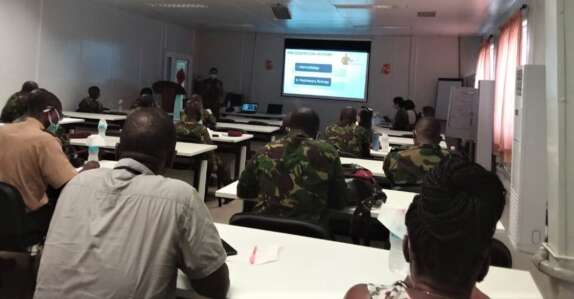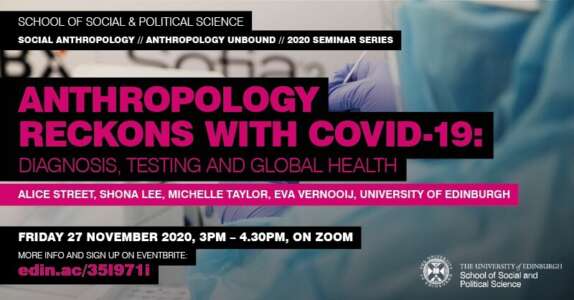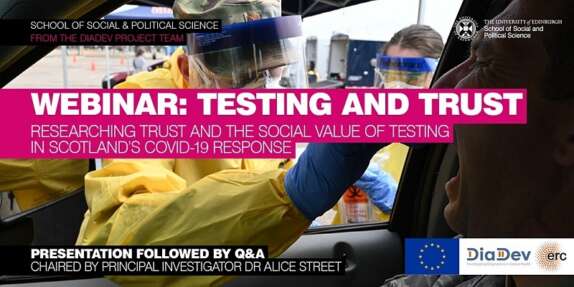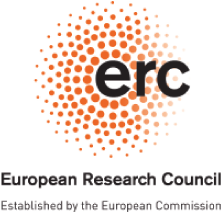Can diagnostic devices strengthen health systems in resource-limited settings? DiaDev draws on tools from social anthropology to answer this question in contexts of primary health care, laboratory strengthening and disease elimination.
Point-of-care diagnostic devices are increasingly recognised as critical to meeting global health priorities. A new generation of rapid and portable devices that detect the presence of pathogens and biomarkers in a drop of blood, sweat or urine, opens up the possibility of laboratory quality testing reaching resource-limited settings.
The DiaDev project, Investigating the Design and Use of Diagnostic Devices in Global Health, explores the emergent role that diagnostic devices are playing in the transformation of health systems in low and middle-income countries. Drawing on novel conceptual and methodological tools from social anthropology, it investigates the social, cultural and technical processes involved in developing, deploying and using diagnostic devices in resource-limited settings.
Through the telling of diagnostic stories, the mapping of diagnostic infrastructures, and collaborations with stakeholders, DiaDev identifies the lessons that can be drawn from the successes and failures of point-of-care diagnostic devices in the places where they are developed and deployed. The project aims to improve our understanding of relationships between technological innovation and health systems strengthening, with a view to guiding global health policy.

DiaDev's Research Findings Sharing Workshop
Student views and experiences of asymptomatic COVID-19 testing at the University of Edinburgh
Medical Testing, Diagnosis and Value
Diagnostic obfuscation and hidden epidemics
Coronavirus: Why mass testing of the public is vital
Introduction: Medical Testing, Diagnosis and Value
#Locations #Devices #Relations: 'Corona Testing on Twitter' Workshop Report 22-23 June.
Responsibility, repair and care in Sierra Leone’s health system, ASA 2021
Scottish Chief Scientist Office Final Report - Testing and trust: Public perceptions, expectations, and experiences of COVID-19 testing in Scotland

Seminar: Anthropology Reckons with Covid-19: Diagnosis, Testing and Global Health
The FDA and the Emergency Use Authorisation of Diagnostics
Report on the DiaDev study at 34th Military Hospital

Webinar: Testing and Trust
The DiaDev team have launched a new study supported by the Chief Scientist Office Scotland to explore public views of COVID-19 testing
Knowledge, Attitudes, and Behaviour Related to COVID-19 Testing: A Rapid Scoping Review




